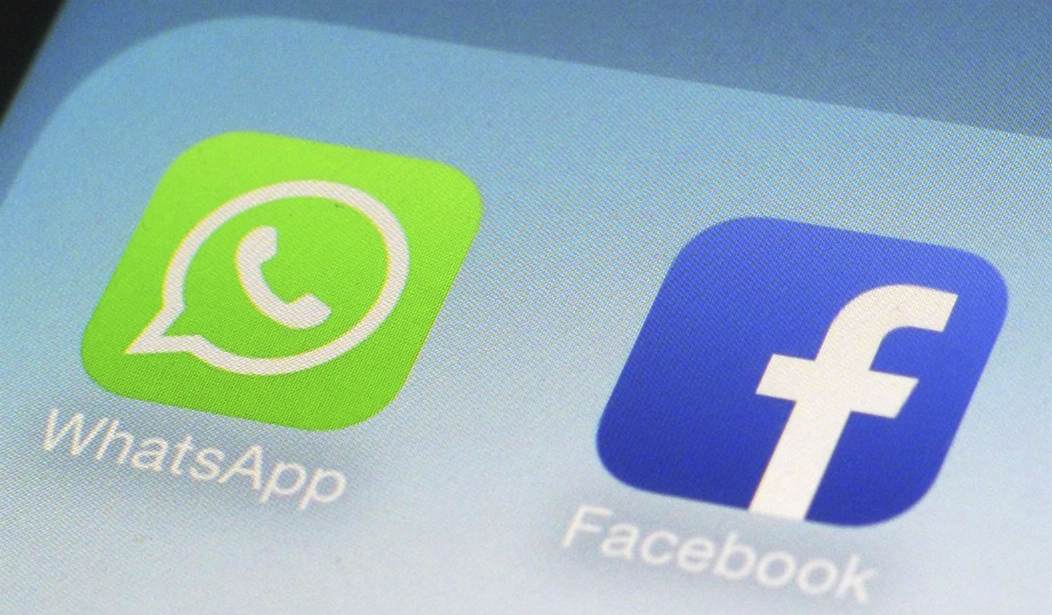You won’t find many figures praising New York’s new mandate that concealed carry applicants turn over a list of all social media accounts to local law enforcement so that the past three years of posts can be examined for evidence of “good moral character”… at least outside of gun control activists and the anti-gun politicians who voted for the measure when it was rushed through the state legislature a couple of months ago. Many local law enforcement agencies in New York have panned the new requirement, arguing that the time consuming process is an invasion of privacy and a waste of time and resources, particularly for smaller departments around the state. The New York chapter of the ACLU has complained that the move could lead to a chilling of speech, though they seem far less concerned about the chilling effects on the right to keep and bear arms.
And at Forbes, University of Maryland associate professor of computer science Jim Purtilo calls the new demand a “nightmare” to implement for all involved.
“Leaving aside the policy’s sketchy constitutionality, bureaucrats will be free to pick and choose who should receive consideration – a blatantly political practice,” added Purtilo.
… “Speaking as a technologist I can confidently predict this will be a nightmare in management of identity credentials,” he suggested.
“How to attribute social media activity to the right person? Authenticating identity is already a costly mess and it will get nothing but worse when the stakes become higher,” said Purtilo. “Officials can take an applicant’s word for what is their traffic, and in that case we’d see a big business in fake accounts that are manufactured just to pass scrutiny. Officials could independently check the Internet for accounts, but good luck making those connections.”
Purtilo noted that Elon Musk is killing his purchase of Twitter because the service even can’t figure out which of its user accounts are real. “Or officials could insist on independent validation of accounts, which would really be a hot mess. Even industry doesn’t know how to do it in a cost-effective manner.”
New York’s social media requirement basically operates on the honor system. Are police are going to scour the internet looking for any social media accounts not identified by applicants? I doubt it. Is there any way for issuing authorities to determine if an anonymous account is tied to any particular applicant? Not without getting the platforms themselves involved, which is the suggestion of Colin Campbell, an associate professor of marketing at the University of San Diego.
“Knowing whether or not an applicant submitted a full list of their social media accounts is a major problem,” suggested Campbell. “People could be selective in choosing to only present accounts that they believe will be received well, or even lie and state they have no social media accounts. Many people also create multiple accounts under pseudonyms either to post different types of content or anonymously follow accounts.”
One option would be for law enforcement to work directly with the social media services, but that could be time-consuming – and could miss key red flags.
“Having them run a search for all of the accounts associated with a person’s email and phone number would be a stronger way of finding all of a person’s accounts,” added Campbell. “Even better, would be a search based on a person’s IP address or device IDs. This would require the creation of some software to reliably collect this information from users. This is possible though as many companies, such as Apple, already send users links to open on their phones that can collect device data for troubleshooting.”
Nothing Orwellian about that, is there? Keep in mind, we’re talking about deploying this type of intrusive investigation against people who want to exercise a constitutionally-protected right, not some criminal investigation involving legally-obtained warrants and wiretaps. And even under authoritarian system outlined by Campbell, there would be ways to get around it for those who were dedicated enough.
The scouring of social media accounts is unlikely to turn up many legitimate red flags, but it allows issuing authorities in New York another way to subjectively deny average citizens access to their right to bear arms in self-defense. Even those who are ultimately approved will likely be forced to wait for months on end before they’re given the green light, which lends weight to Purtilo’s argument that the new requirement is “a plan to stonewall the approval process” rather than protecting the public. Despite the clear language from the Supreme Court recognizing the right to bear arms in self-defense, New York Democrats are still doing everything they can to prevent as many people as possible from exercising that right, and I believe that it’s only a matter of time before the vast majority of New York’s post-Bruen gun laws are struck down. Still, every day New Yorkers have to live under these unconstitutional restrictions is one day too many, and relief can’t come soon enough for those subjected to the state’s continued hostility towards the Second Amendment.









Join the conversation as a VIP Member